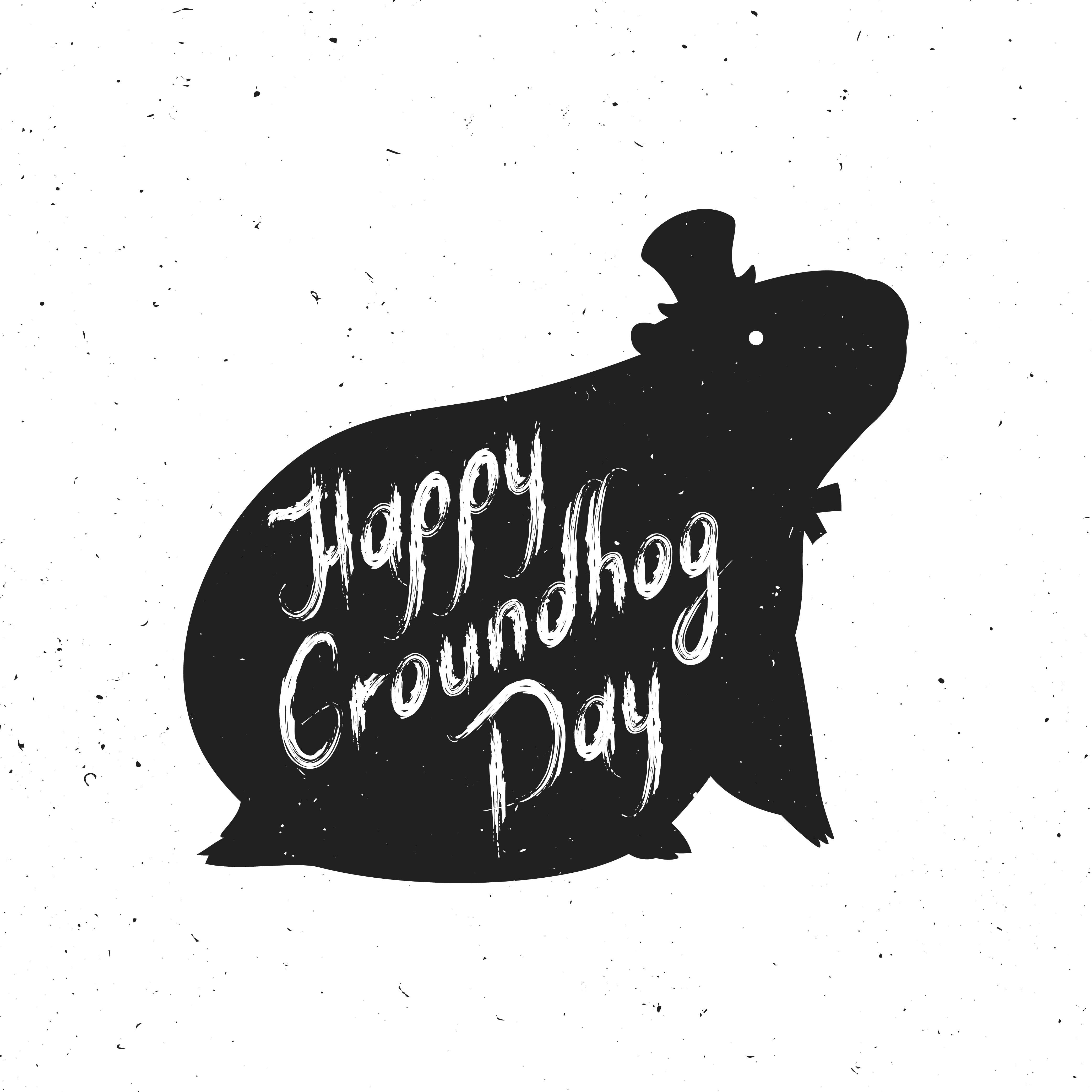I was asked the other day by a client if we need to restrict food to see weight loss. Did the diet have to be 100% spot on in order for weight loss to occur?
The truth is that you would be surprised what people can be get away with in terms of food choices. However the biggest determining factor in weight loss is not what goes on in your body…
It’s what goes on in your mind.
For the purposes of this post I am discussing food restriction in terms of types of foods or food groups, not calorie restriction.
Why are we restricting food?
Quite simply, it is encouraged.
In fact, it’s almost impossible to avoid restriction these days. Even Paleo, the style of eating that is closest to what I personally follow has “rules” (I see them as guidelines.)
The question is, do we need rules? Do we need to be restrictive?
If you are/were a serial dieter like me you’ll have felt the feeling of:
“I just want to be able to eat like a normal person”
I know now though that “normal” doesn’t exist.
Some people restrict food
Some people moderate food
The bottom line is, those that are successful find that success in using a plan that works for them.
Abstainers vs moderators

We have to types of people when it comes to weight loss, and it’s not physical differences, but psychological ones.
The abstainers – people who are quite happy to cut a food/food group out and not crave or binge or have any problems
And
The moderators – people who need a more 80/20 approach as they will binge if they cannot have the occasional treat.
The truth is, whatever group you are part of, you will find supporters and naysayers happy to give your their opinion. Whether you asked or not.
See…,
We (and by we I mean the media and the general opinion of people on the street), see restrictive eating as a problem. If you’ve ever turned down a chocolate biscuit at your Grans house you’ll have received a worried look that you’re not eating enough.
You might hear things like:
“I hope you don’t have an eating disorder.”
But we also associate the eating of “bad” foods as the link to obesity and diabetes. Eat one chocolate bar and someone will tell you how much sugar is it in and why that’s a bad thing.
“You need to be consistent with your diet or you won’t see results”
It seems we can’t win.
As always, the best way to stop stressing about it all is to shut out all the noise and focus on results.
If you follow the 80/20 rule, or you use cheat days and you are successful and you see consistent weight loss and you feel amazing.
You’ve cracked it. Keep going.
But if you try that and you can’t get back “on the wagon” after your 20% cheat, or you struggle to have just one biscuit. Then maybe, it’s not the fact that you are weak willed or a failure, you’re just an abstainer.
If you try to be restrictive and you end up at the weekend binging on junk because you can’t handle the restriction, it’s not that you are weak willed or a failure, you might just be a moderator.
To sum up, while there are no inherent bad foods, some foods are more addictive than others, and everyone responds differently.
Once you find the strategy that allows you to eat healthily and be happy you will see the success follow.
If you’re miserable and constantly fighting your cravings it might be time to switch to the other team.
Ainzlie
P.s Abstainer or Moderator, if you need help getting fit and improving your health, get in touch.






Leave a Reply
Want to join the discussion?Feel free to contribute!